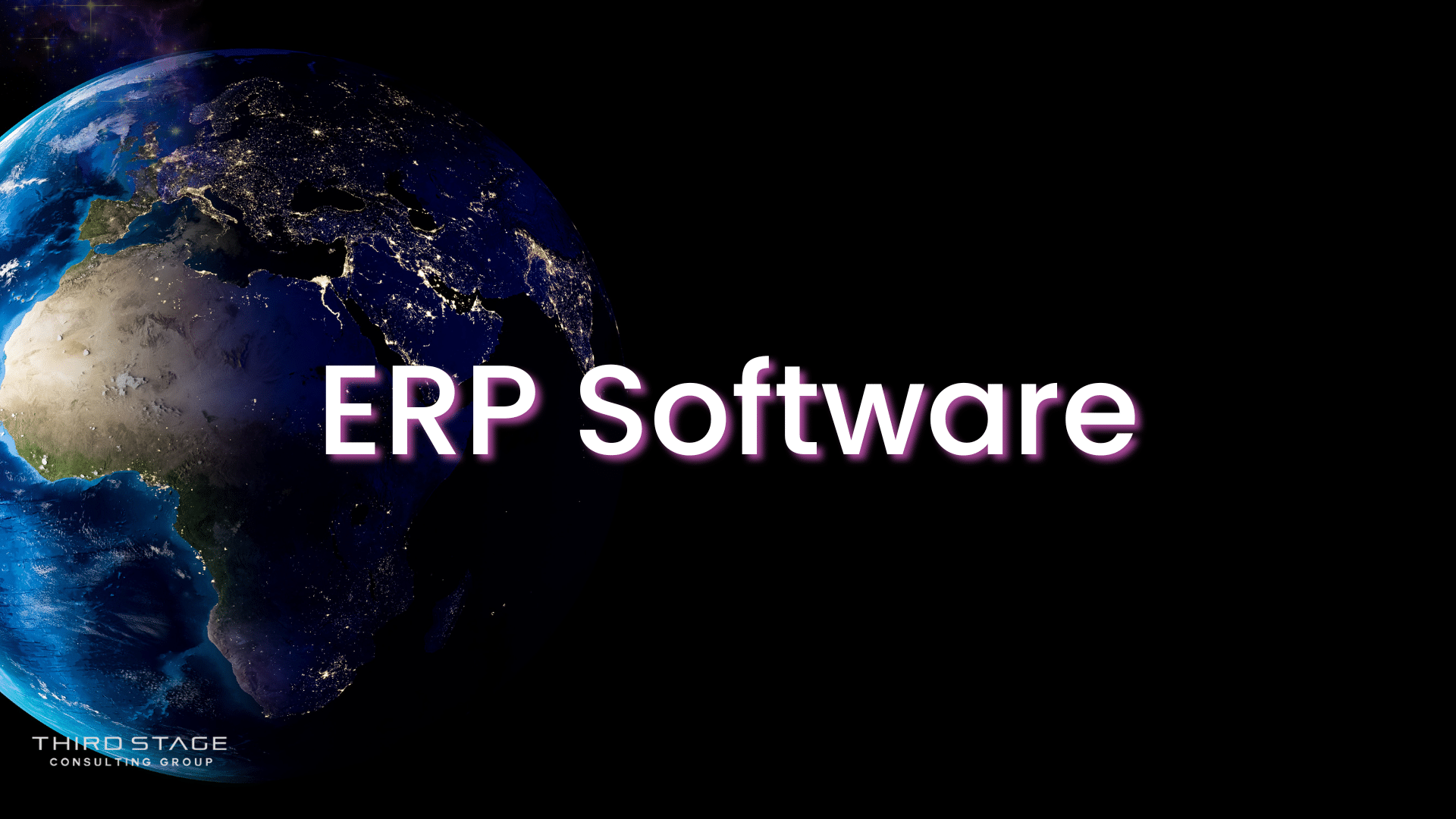ERP software is often seen as a game-changer for organizations looking to streamline operations and improve efficiency. But here’s the reality—ERP implementations are notorious for cost overruns, business disruptions, and failed expectations.
After 25 years in ERP consulting, I have worked with every major ERP system—SAP, Oracle, Microsoft Dynamics, Infor, NetSuite, and more. And while ERP software has the potential to transform businesses, it also comes with massive risks.
So, why does ERP software frustrate me? Let’s break it down and, more importantly, explore how organizations can avoid the common pitfalls that turn ERP implementations into challenges.
Table of Contents
ToggleWhat Is ERP Software and Why Does It Fail?
Enterprise Resource Planning (ERP) software is designed to integrate core business functions—finance, HR, supply chain, manufacturing, and customer relationship management—into a single system.
Despite its promise, ERP failure rates are alarmingly high. Studies show that:
- Over 50 percent of ERP implementations result in major operational disruptions
- 75 percent of ERP projects exceed their original budget
- Many companies fail to achieve the expected return on investment from their ERP investment
These statistics raise important questions about why so many ERP initiatives fall short.
1. ERP Systems Are Monolithic and Hard to Adapt
Most legacy ERP systems were built decades ago, focusing on transactional efficiency rather than business agility. While vendors like SAP, Oracle, and Microsoft invest heavily in research and development, these systems still struggle to keep up with today’s fast-changing business landscape.
Common Issues with Traditional ERP Systems
- Rigid architecture that slows down business changes
- Complicated customization that increases costs and delays
- Slow updates and integrations, making it difficult to adopt new technologies
Businesses should consider modular ERP solutions, cloud-based ERP systems, and industry-specific ERP software that offer greater flexibility.
2. ERP Implementations Are Expensive and High-Risk
ERP projects can quickly spiral out of control, becoming one of the most expensive and disruptive investments a company makes.
Hidden Costs of ERP Implementation
- Customization and integration expenses
- Training and change management failures
- Post-go-live operational disruptions
A poorly executed ERP implementation can shut down operations, causing companies to lose millions in lost productivity and revenue.
Organizations can mitigate these risks by conducting a comprehensive risk assessment before selecting a vendor. At Third Stage Consulting, we help clients navigate these risks to ensure a smooth digital transformation.
3. ERP Vendors Try to Be Everything to Everyone
ERP vendors sell a “one-size-fits-all” solution that rarely fits anyone perfectly.
For example, a high-volume retail business has very different ERP needs than a custom-engineered manufacturing company. A fast-growing tech startup operates differently from a large-scale distributor.
Yet, most ERP systems attempt to serve all industries with the same core functionality—leading to a mismatch between software capabilities and real-world business needs.
Businesses should prioritize industry-specific ERP solutions and work with an independent ERP consultant to ensure the right fit.
4. ERP Systems Often Fail to Deliver Business Value
Many companies never achieve the expected return on investment from their ERP system. Common reasons include:
- Business processes are not optimized before implementation
- Employees resist change due to poor training and communication
- ERP software limitations force costly workarounds
At Third Stage Consulting, we specialize in business process reengineering, organizational change management, and ERP implementation planning to maximize business value.
5. Who Really Profits? ERP Vendors and System Integrators
While ERP customers often struggle, software vendors and system integrators always come out ahead.
- ERP vendors profit from software licenses and ongoing subscriptions
- System integrators and consulting firms make billions from long, complex ERP implementations
Organizations should work with an independent ERP consultant who has no financial ties to software vendors. This ensures they receive unbiased advice that aligns with their business goals, not a vendor’s sales target.
How to Avoid an ERP Disaster: Best Practices for Success
Despite the risks, ERP software can still drive business growth and efficiency when implemented correctly. Here are a few ways to protect your investment and ensure a successful implementation:
- Prioritize Business Processes Over Software – Fix inefficiencies before selecting a system
- Choose the Right ERP Solution – Find a system tailored to your industry and business needs
- Manage Risk Proactively – Expect cost overruns and delays, and plan accordingly
- Invest in Change Management – Train employees and prepare for resistance
- Hold Vendors and Consultants Accountable – Work with an independent ERP consulting firm to stay in control
Need Help With ERP Selection or Implementation?
At Third Stage Consulting, we help businesses:
- Select the right ERP system
- Plan and execute successful ERP implementations
- Minimize risk and maximize return on investment
To ensure your ERP project is a success, contact Third Stage Consulting for a consultation.
Final Thoughts: Do You Love or Hate ERP?
ERP software is not inherently bad, but it is often implemented poorly. Without proper planning, strategy, and execution, ERP projects can become costly failures.
What do you think? Do you love ERP software, hate it, or fall somewhere in between?
Share your thoughts in the comments below.






